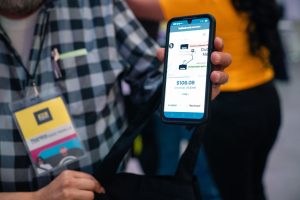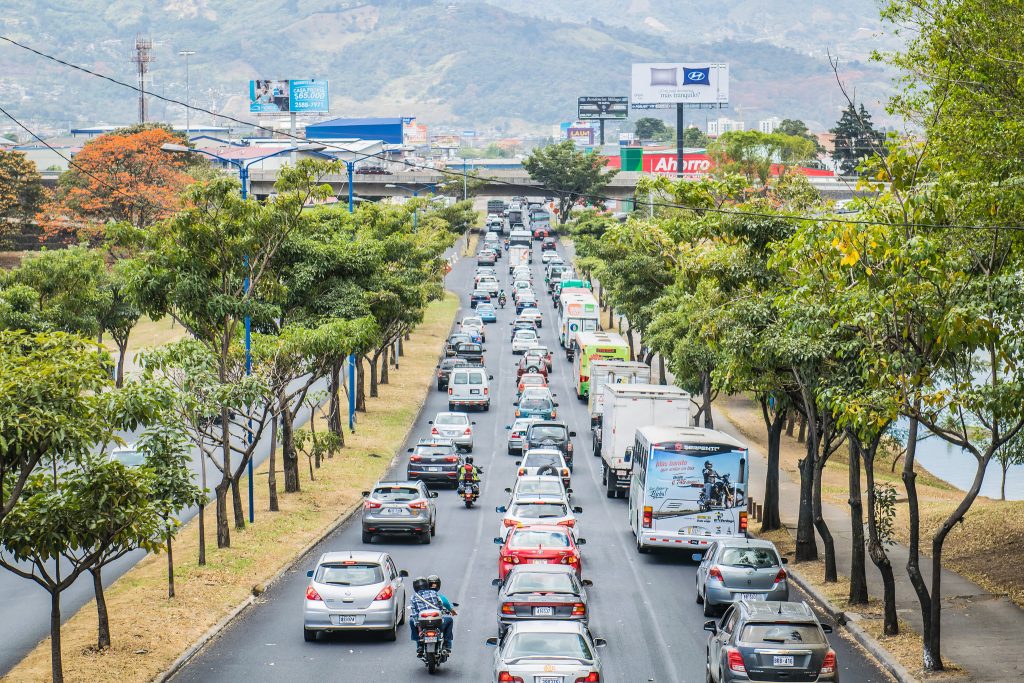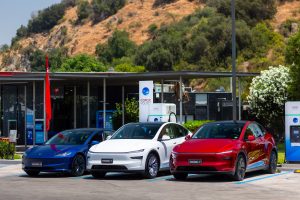
New electric mobility hub emerges in Latin America amid industry challenges

A new electric mobility hub is taking shape in Latin America, based in Costa Rica, with the goal of connecting data, studies, stakeholders, and content related to the region’s progress in electromobility.
The initiative comes at a crucial time, marked by regulatory and technological challenges, and growing uncertainty over a potential decline in electric vehicle imports from China.
The project is led by Silvia Rojas, Executive Director of the Costa Rican Association of Electric Mobility (ASOMOVE) and former President of the Latin American Association for Sustainable Mobility (ALAMOS).
She aims to create a collaborative platform where organizations across Latin America and the Caribbean can share their experiences, access resources, and contribute to a growing body of regional knowledge.
Structural barriers in electric mobility
Despite recent progress, Rojas points out that the region continues to face significant barriers.
Some countries have adopted only one type of charging connector, which restricts vehicle diversity. In addition, not all countries have established public policies to support the transition to electric mobility.
Similarly, the Latin American Energy Organization (OLADE) highlights in its report on electric mobility in Latin America that technological, logistical, financial, and regulatory obstacles remain a major hurdle for widespread EV adoption.
Uncertainty over the Chinese EV supply
Another pressing concern is the potential reduction in Chinese electric vehicle supply due to tariff-related pressures.
According to Rojas, China has played a key role in expanding the range of affordable models in the region. In Costa Rica, over 70% of electric vehicles imported in 2024 came from China.
If that supply were to decrease, the region would need to explore alternative sources from Europe and the United States to maintain accessibility and ensure the continued growth of the electric mobility market.
The newly launched hub could serve as a strategic platform for collaboration, data exchange, and innovation, helping Latin America and the Caribbean overcome challenges and accelerate the shift to sustainable transport.





